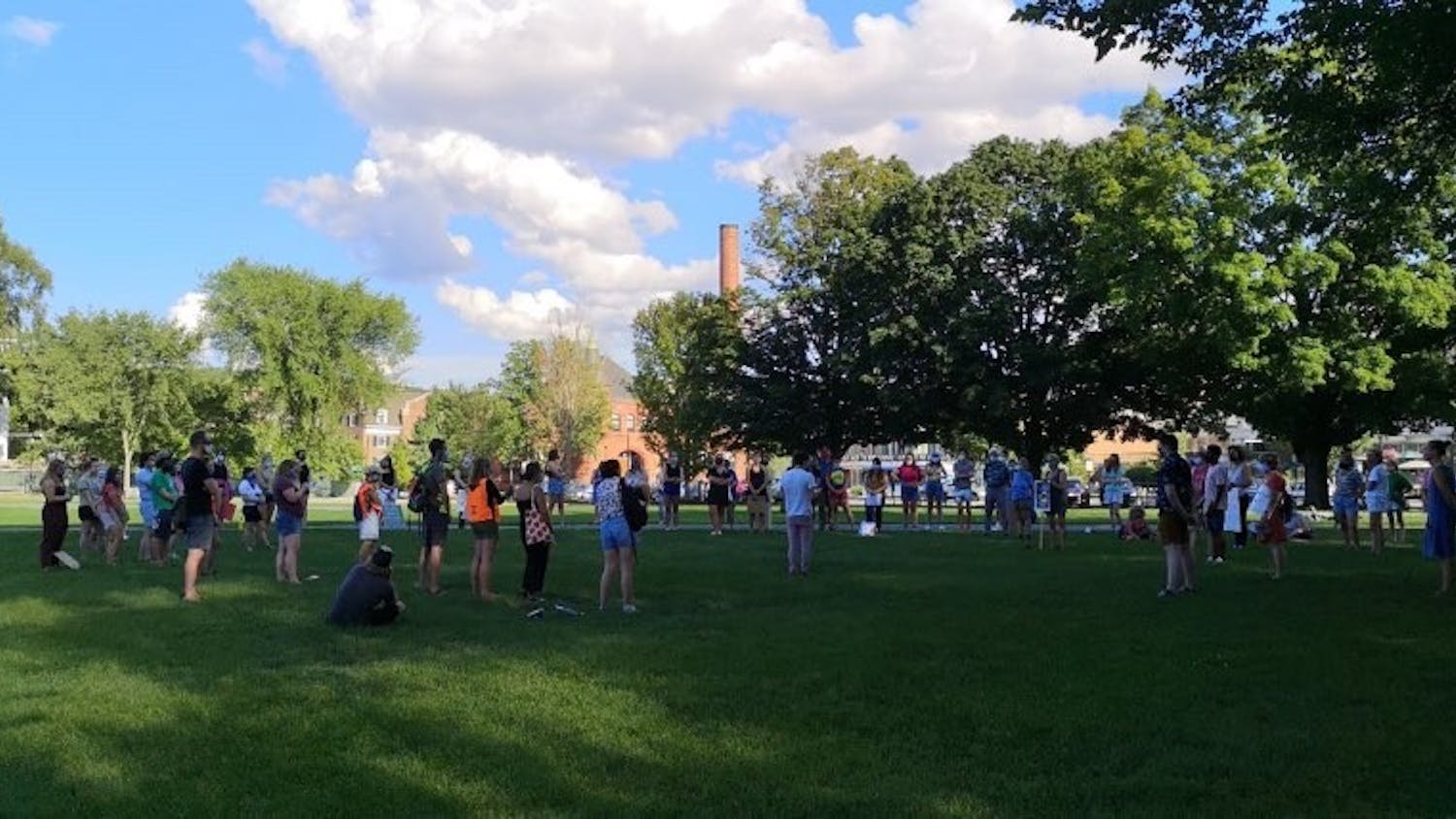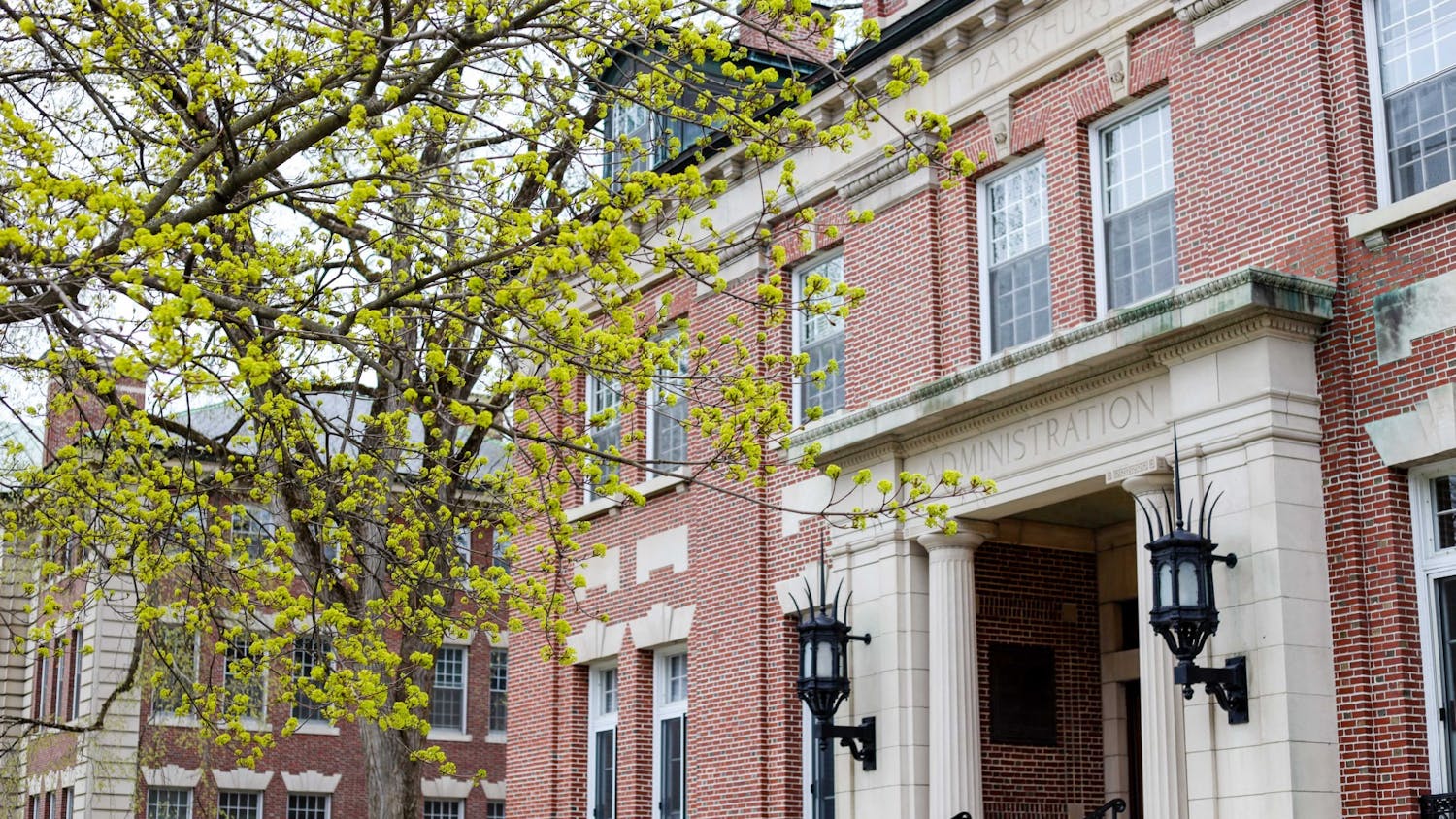The litany of complaints is well-known at this point: a lawsuit on behalf of sexual harassment victims in psychological and brain sciences department, an open letter from Black faculty, staff and students highlighting institutional racism at Dartmouth and a graduate student forced to resort to a hunger strike. Despite the College’s rhetoric, Dartmouth has not taken sufficient concrete steps to address harassment, discrimination and harmful power dynamics in its community. The College must establish an independent ombuds office to help mediate conflict and resolve disputes among faculty, staff and students.
Dartmouth is the only Ivy League school that does not provide any ombuds office for its community. There is no dedicated informal dispute resolution and conflict mediation resource available to students, faculty and staff. Problematic power dynamics abound in academia, where mentors and senior community members can exploit their students and subordinates, while using community stature to avoid sanction. Victims of these harmful power dynamics are often forced to resort to formal processes — like Title IX — that may be an ill fit for their situation. Without the resources provided by an ombuds office, Dartmouth will continue to mishandle accusations of misconduct and abuse of power.
The purpose of an ombuds office is to facilitate the informal resolution of concerns — it plays an important role in surfacing issues to the organization. An ombuds office at Dartmouth would guide people through conflict resolution, give advice and provide information about official regulations and options for reporting. The ombuds would have no power to charge any member of the community with misconduct and would not act as an official advocate for any specific party.
The intermediary nature of the ombuds office is critical. At present, Dartmouth has few resources in place to resolve conflicts before resorting to formal channels. A student experiencing a conflict with a professor, or a trainee conflicting with an advisor, has two options. First, the aggrieved party could report the issue to an administrative body such as the Title IX office and therefore escalate the situation. Alternatively, independently resolving the conflict requires navigating the complex power dynamics that permeate academic life. There are no resources for complaints or conflicts that do not fit the definitions required for formal grievance processes, and students and employees experiencing ambiguous or borderline instances of conflict are unlikely to benefit from these formal processes. When none of the existing services on campus meet a complainant’s needs, litigation can look like the only option.
There are offices at Dartmouth that do have resources for conflict mediation, such as the Office of Institutional Diversity and Equity and the Guarini School of Graduate and Advanced Studies, but these entities have many additional responsibilities and cannot always act as dedicated resources. Additionally, academic and department deans are not explicitly trained to help with conflict resolution unless they seek out such training. Many exemplary deans currently help students, but the occupants of these roles change over time. A dedicated ombuds office would substantially improve Dartmouth’s capacity to resolve conflict and mediate disputes. This resource would give community members flexibility to choose their preferred option for conflict resolution, allowing them to tailor their solution to the specifics of their situation and increasing their agency in situations where they may otherwise feel constrained by their limited set of options. By creating an ombuds office, Dartmouth can therefore manage conflict escalation more effectively and reduce the number of official cases brought to Dartmouth officials.
Dartmouth had a dedicated ombuds office from 2007 until 2014, and a part-time office from 2015 to 2017. In 2018, the College recommended against filling the vacancy under the rationale that other resources like Title IX and the IDE could fill in, and that several peer institutions were similarly shuttering their ombuds offices. It has become clear in the intervening two years that this rationale was painfully wrong: Title IX, the IDE and other such offices cannot fill the specific niche provided by an ombuds office, and other peer institutions have not closed down their similar offices.
This is not the first time that the Dartmouth community has recognized the importance of an ombuds office. The advocacy group Dartmouth Community Against Gender Harassment and Sexual Violence called for such an office to be established in early 2019, and the authors of a July 2020 open letter included an ombuds office in their proposal to address racism at Dartmouth. In response to these calls, and to the demonstrated need for such an office to fill critical gaps at Dartmouth, the Ombuds Office Planning Committee was established within the Graduate Student Council. The planning committee, of which we are a part, has taken great care to put together a comprehensive proposal for the reestablishment of an ombuds office. The proposal currently has over 600 signatures, including over 100 faculty members.
Dartmouth has claimed that it is sensitive to the needs of its community. In order to truly protect its community members from violence and harassment and ensure a safe and just learning environment, Dartmouth must commit to reestablishing its ombuds office.
Callahan, Osmundsen and Phillips are members of the Ombuds Office Planning Committee within the Graduate Student Council. They are current graduate students at Dartmouth College.
The Dartmouth welcomes guest columns. We request that guest columns be the original work of the submitter. Submissions may be sent to both opinion@thedartmouth.com and editor@thedartmouth.com. Submissions will receive a response within three business days.



